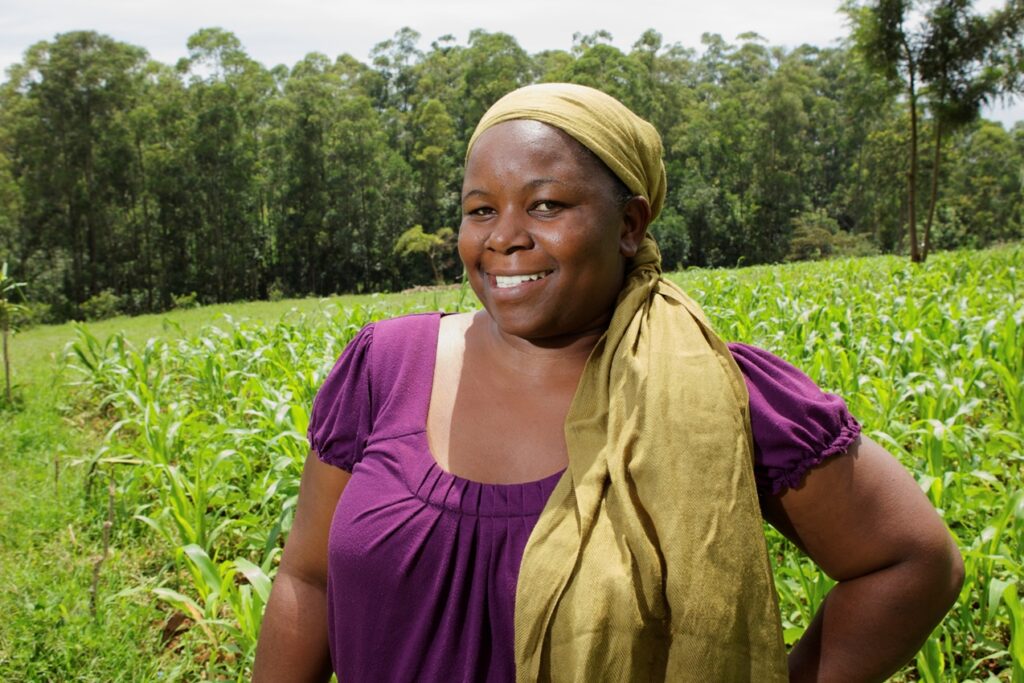
Topics
- Consumer Protection
- Digital Financial Services
- Enabling Environment
- Governance
- Policy, Regulation and Government Initiatives
- Responsible Digital Finance
- Responsible Product Design and Delivery
Regions
Digital ID is a crucial layer of digital public infrastructure (DPI), often seen as essential for meeting documentation requirements and facilitating access to affordable digital financial services. In Kenya, a country that has led innovation in digital financial services, the government is rolling out a new digital ID, the Maisha Namba, which some view as a significant step in the country’s broader DPI journey. However, others express strong skepticism and frustration, citing poor past experiences with government digitalization efforts and concerns about potential risks, such as exclusion, misuse, and ineffective investments. This brief examines the conditions and contexts necessary for DPI interventions to deliver meaningful benefits to citizens. While Kenya’s DPI journey may be unique, it raises broader questions about DPI specific to countries with low trust in state capacity environments– questions we must address to ensure these systems are responsible and generate positive outcomes.












